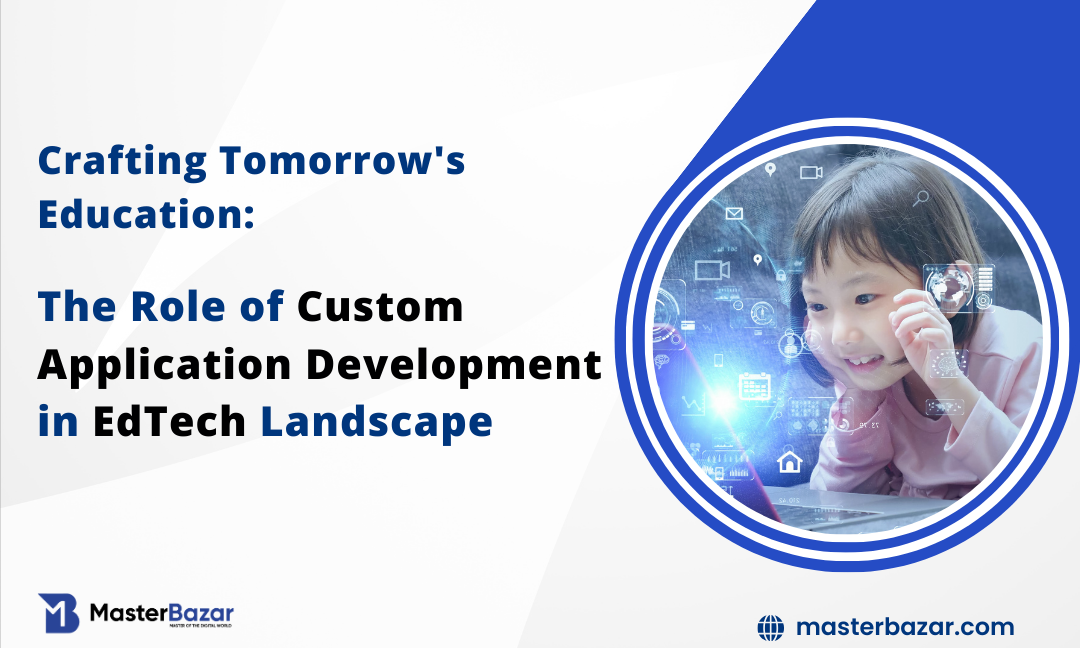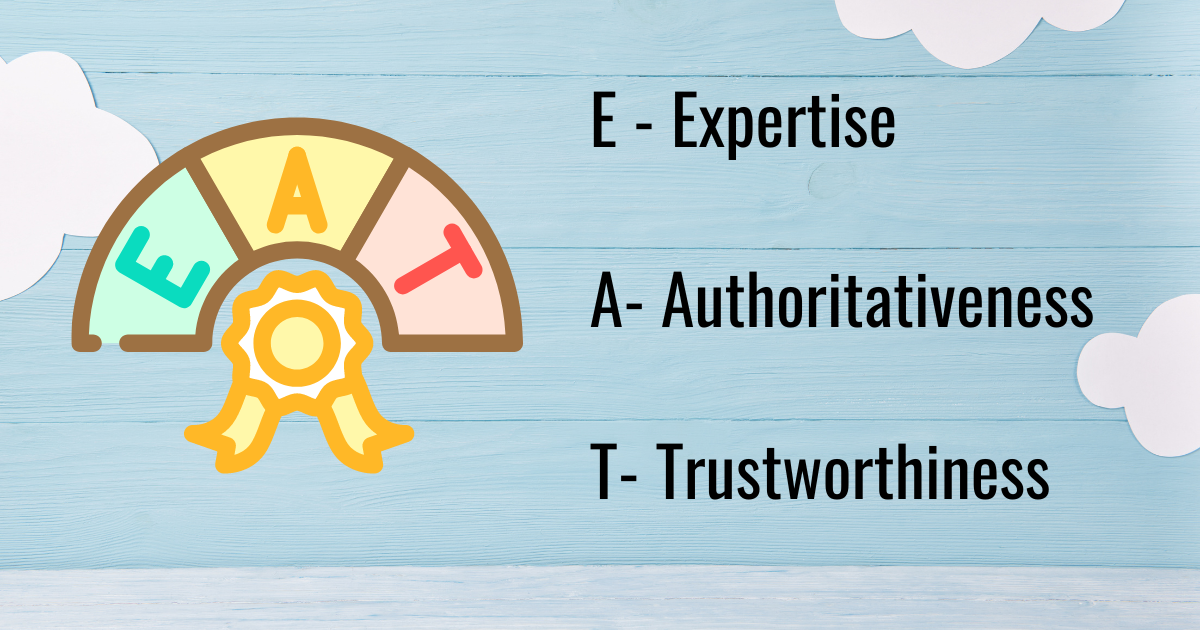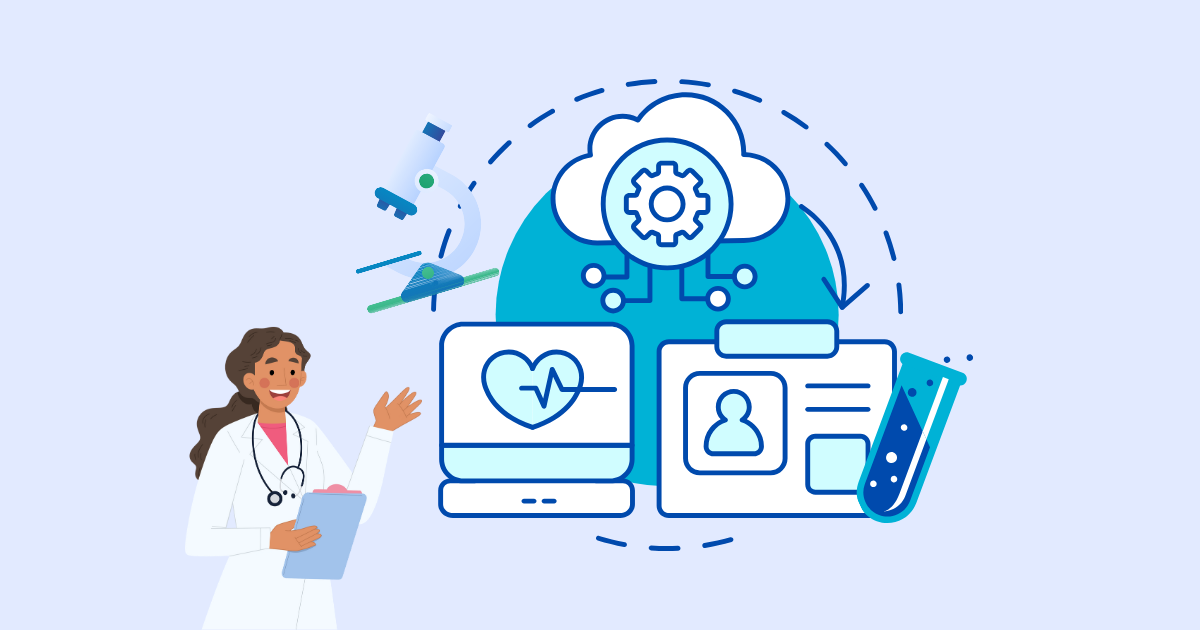Table of Contents
As education evolves, technology has become an indispensable tool for imparting and acquiring knowledge. Among the most significant contributors to this transformation is the emergence of Educational Technology (EdTech).
As e-learning platforms and apps have proliferated, the EdTech landscape has witnessed a remarkable transformation. This offers learners and educators novel engagement and learning opportunities.
At the heart of this revolution lies innovative software solutions crafted by custom application development companies, which play a pivotal role in driving the evolution of e-learning experiences.
The Rise of E-Learning Apps
E-learning apps have emerged as game-changers in the education sector, offering flexible, accessible, and personalized learning experiences. These apps cater to diverse learning styles and preferences.
They give learners the freedom to engage with educational content at their own pace. From interactive lessons and multimedia resources to assessments and progress tracking, e-learning apps encompass several features designed to enhance learning outcomes.
Harnessing the Power of Software Development
Software development lies at the core of e-learning app development. It enables the creation of robust, feature-rich platforms that meet the evolving needs of educators and learners.
The role of software developers in EdTech is crucial. They develop intuitive user interfaces, integrating advanced analytics for tracking performance or integrating AI and AR for immersive learning experiences.
Custom Application Development: Tailoring Solutions to Unique Needs
In the dynamic landscape of educational technology, one size rarely fits all. In terms of e-learning, institutions, corporate programs, and individual learners have their own needs and goals.
It is here that companies offering custom application development can help. In collaboration with educators and stakeholders, these companies can create e-learning solutions tailored to individual learning objectives, preferences, and needs.
The Role of Custom App Developers
Custom app developers are the architects behind innovative e-learning solutions that transcend traditional boundaries. With their expertise in software development frameworks, programming languages, and emerging technologies, these developers bring visions to life, transforming concepts into reality.
From ideation and prototyping to deployment and maintenance, custom app developers guide clients through every stage of the development lifecycle, ensuring the seamless integration of technology into the educational ecosystem.
Driving Innovation Through Collaboration
Innovation thrives on collaboration, and the EdTech landscape is no exception. Custom application development companies collaborate closely with educational institutions, training organizations, and EdTech startups to co-create solutions that address the evolving needs of learners and educators. By fostering a culture of innovation and experimentation, these partnerships drive continuous improvement and push the boundaries of what's possible in e-learning.
Benefits of Custom Application Development Company in EdTech
- Personalized Learning: Custom applications enable educators to create personalized learning paths for students, catering to individual learning styles and paces.
- Enhanced Collaboration: EdTech solutions developed by custom application development companies promote collaboration among students and educators, fostering a dynamic learning environment.
- Scalability: Educational institutions vary in size and requirements. Custom applications are designed to scale effortlessly, accommodating the needs of both small schools and large universities.
- Seamless Integration: Integration with existing systems is crucial for the smooth functioning of educational institutions. Custom application developers ensure seamless integration with Learning Management Systems (LMS) and other tools.
- Analytics and Reporting: Data-driven insights empower educators to track student progress and make informed decisions. Custom applications often include robust analytics and reporting features to facilitate continuous improvement.
Analytics and Reporting: Data-driven insights empower educators to track student progress and make informed decisions. Custom applications often include robust analytics and reporting features to facilitate continuous improvement.
Challenges and Opportunities
While the EdTech landscape is witnessing tremendous growth and innovation, it is not without its challenges. The implementation of e-learning solutions through custom application development faces various hurdles that need to be addressed for the sustained success of educational technology. Here are some of the key challenges in driving innovation in the EdTech landscape:
Access and Inclusivity
Not all learners have equal access to technology, creating a digital divide that can exacerbate educational inequalities. Limited access to devices, internet connectivity issues, and disparities in technological literacy pose significant challenges. Ensuring that innovative EdTech solutions are inclusive and accessible to all learners, regardless of socio-economic background, remains a critical challenge.
Integration with Traditional Education Systems
Incorporating new technologies into existing educational frameworks can be a complex process. Resistance to change, lack of technical expertise among educators, and the need for seamless integration with traditional teaching methods are common challenges. Striking a balance between innovative EdTech solutions and established educational practices is crucial for successful adoption.
Data Privacy and Security Concerns
The collection and storage of sensitive student data raise valid concerns about privacy and security. Educational institutions must navigate complex regulations to ensure compliance with data protection laws. Custom application development companies face the challenge of implementing robust security measures to protect user information while still providing meaningful analytics for educational insights.
Cost Constraints
Developing and maintaining custom educational applications can be costly. Educational institutions, especially those with limited budgets, may find it challenging to invest in cutting-edge technologies. Striking a balance between cost-effectiveness and the need for innovative features poses a continual challenge for custom app developers and educational decision-makers.
Content Quality and Relevance
The quality and relevance of educational content within e-learning applications are crucial for effective learning outcomes. Developing engaging and up-to-date content that aligns with curriculum standards and educational objectives requires ongoing effort. Custom app developers must collaborate closely with educators to ensure that the content is not only accurate but also pedagogically sound and engaging.
Teacher Training and Professional Development
Educators need adequate training to effectively leverage EdTech tools in the classroom. Lack of professional development opportunities and training programs can hinder the successful integration of technology into teaching practices. Bridging this gap requires concerted efforts from educational institutions, custom app developers, and policymakers.
Technical Issues and Reliability
Technical glitches, software bugs, and unreliable internet connections can disrupt the learning experience. Ensuring the reliability and stability of custom educational applications is a continuous challenge for development teams. Regular updates, testing, and user feedback are essential to address technical issues promptly.
Adaptability to Diverse Learning Styles
Individual learners have diverse preferences and learning styles. Designing custom applications that cater to these variations, providing adaptive and personalized learning experiences, is a significant challenge. Balancing standardization with customization to accommodate different learning needs requires careful consideration during the development process.
Measuring and Demonstrating Educational Impact
Quantifying the impact of EdTech on educational outcomes is a complex task. Custom application development companies face the challenge of developing metrics and analytics tools that accurately measure the effectiveness of their solutions. Demonstrating the educational impact is crucial for gaining support and investment in innovative EdTech initiatives.
Regulatory Compliance
EdTech solutions must comply with various regulations and standards in the education sector. Navigating these regulatory frameworks, which can vary across regions, adds complexity to the development and deployment of custom applications. Staying abreast of evolving compliance requirements is an ongoing challenge for developers and educational institutions alike.
Embracing Emerging Technologies in E-Learning Solutions
In the ever-evolving landscape of education technology, staying at the forefront of innovation is crucial. Custom application development companies are at the forefront of incorporating emerging technologies into e-learning solutions. Technologies such as Artificial Intelligence (AI), Augmented Reality (AR), and Machine Learning (ML) are not just buzzwords but powerful tools that can significantly enhance the effectiveness of educational apps. These innovations open up new possibilities for personalized learning experiences, adaptive assessments, and interactive content, transforming the way knowledge is imparted and absorbed.
Scalability and Flexibility: Key Considerations in Custom App Development
In the dynamic field of EdTech, scalability and flexibility are paramount. Educational institutions and organizations often experience fluctuations in user numbers, curriculum changes, and technological advancements. Custom application development addresses these challenges by creating scalable solutions that can adapt to varying workloads and evolving requirements. Whether it's accommodating a growing user base or seamlessly integrating new features, scalable and flexible e-learning apps ensure a sustainable and future-ready educational ecosystem.
Conclusion
As the demand for flexible, technology-driven learning solutions continues to grow, the role of custom application development in driving innovation in the EdTech landscape becomes increasingly critical. By leveraging software development expertise and embracing a collaborative approach, custom app developers are reshaping the future of education, empowering learners worldwide with immersive, engaging, and personalized learning experiences. In this dynamic journey towards educational transformation, custom application development companies are the catalysts that propel the EdTech revolution forward, driving innovation and unlocking new possibilities for learners and educators alike.
Author - Sunny J.
Sunny J. is a seasoned content writer with 8 years experience in web development, software development and digital marketing content across multiple formats. He leverages his skills in crafting curated content on the web technology and digital marketing. In his personal time, He enjoys reading article and being up-to-date on trends in marketing and website design.





